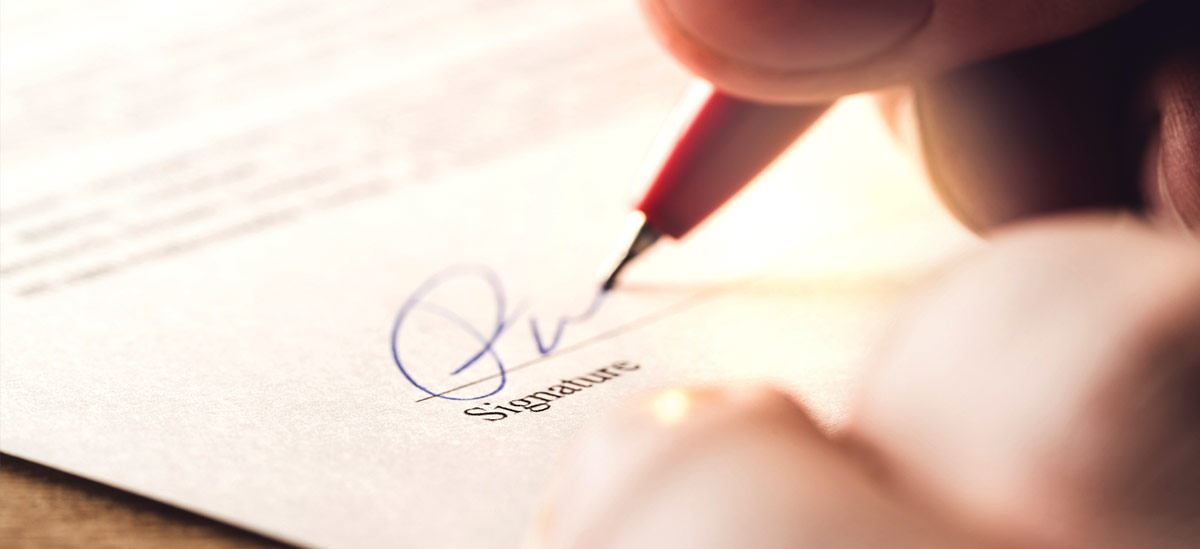
If you are leasing a vehicle and nearing the end of your multi-year commitment, you’re probably wondering whether to return the vehicle and walk away, return it and lease another one, or buy the vehicle you have been leasing. There are benefits and drawbacks to each of these three decisions. Let’s focus on buying out the lease.
“First you need to check your leasing contract for specific scenarios that might come into play when your lease expires,” advises PNC’s Jeff Turley, Head of Auto Lending. “For instance, you (as the lessee) might sign a contract with the leasing company (lessor) where the down payment and monthly payments could reduce the lump sum owed at the end of the lease. This is usually referred to as the residual value and it’s a key factor in determining how much you’ll owe if you decide to buy out your lease.”
Costs Associated with a Lease Buyout
The condition of the vehicle and mileage over the life of the lease can also affect your costs at the end.
Your lessor will inspect the vehicle for more-than-normal wear and tear and assess any damages such as a cracked bumper or excessive door dings. Check your lessor’s guide to determine the parameters, but generally you will be charged for any repairs on the vehicle above a certain threshold if you turn the vehicle in.
In addition, leasing contracts often limit your mileage over the lease period and when you surpass that cap, you can be charged a fee for each additional mile. For example, let’s say your mileage cap is 45,000 miles and you drove an additional 5,000. If you had an overage fee of $0.25 or 25 cents per mile, that means you would pay an additional $1,250 when you turn in the vehicle.
A lease buyout typically eliminates the high-mileage penalty. You can find out by checking your leasing contract.
Calculating the Vehicle’s Value
“If you decide to buy the vehicle you are leasing, you should conduct the same due diligence as you would when buying any other used vehicle,” notes Turley. “On the plus side, since you’ve been driving the vehicle for the past few years, you know how it’s been treated, and you should be well aware of any potential issues.”
You should also check out whether you’re getting a good deal by researching the market value of the car. For example, search on used car valuation sites such as KBB.com or JDPower.com for your car’s make, year, model, features, and mileage.
Take into consideration whether the vehicle is still under warranty. For example, if you had a two-year lease and relatively low mileage, that could work in your favor.
Residual Value vs. Market Value
It is important you understand the distinction between a vehicle’s residual value and its market value.
The residual value of your vehicle is estimated by the leasing company at the beginning of the lease. If you decide on a buyout, you will pay the residual value plus any fees to own the vehicle at the end of the lease.
Meanwhile, the market value is the amount you could reasonably expect to get if you sold the vehicle or used it as a trade in.
The difference between the two can work to your benefit when market values are higher than residual values. Thorough research is essential here, understanding both the residual and market values can not only save you money, but potentially turn the trade-in into a profitable situation.
“Even if you don’t want to keep the vehicle, if it is worth more than the lease buyout, the difference could provide equity toward your next vehicle,” notes Turley.
On the other hand, if the residual value is higher than the market value, you may not want to proceed with the buyout. For example, if the leasing company wants more than $19,250 for a car with a market value of $18,000 and your mileage cap surcharge adds another $1,250, you may be overpaying. You may also need to pay sales tax on the residual value of the vehicle depending on your state.
Financing Your Lease Buyout
A lease buyout loan provides the financing you need to purchase the vehicle. This loan is then payable in monthly payments like any car loan. Some potential benefits of a lease buyout loan include:
- Avoiding a large payout for the vehicle;
- Paying and investing in an asset that you will own in full at the end of the loan; and
- Potentially having equity in your vehicle that could be used for a future purchase.
If you decide to take this route, you may want to compare the financing package offered by the lessor with those provided by other lenders.
Credit history plays a large role in obtaining a loan if you choose to finance the buyout of your lease. Obtaining copies of your credit report and understanding your credit standing is important before you apply. The better your credit, the more likely you will qualify for a lower rate.
The Role of Vehicle Supply
If you’re looking for a specific make, model and trim level for your next vehicle, a lease buyout can help you get through the wait.
“Vehicle supply is easing but can remain an issue for those looking for specific models or trim levels,” Turley says.” Some who have ordered vehicles in anticipation of their current lease ending are finding that their new vehicle delivery has been delayed. As a result, more buyouts are occurring as lessees wait, or look, for their next vehicle.”
Explore a lease buyout loan from PNC to see if it's the right fit for you.




